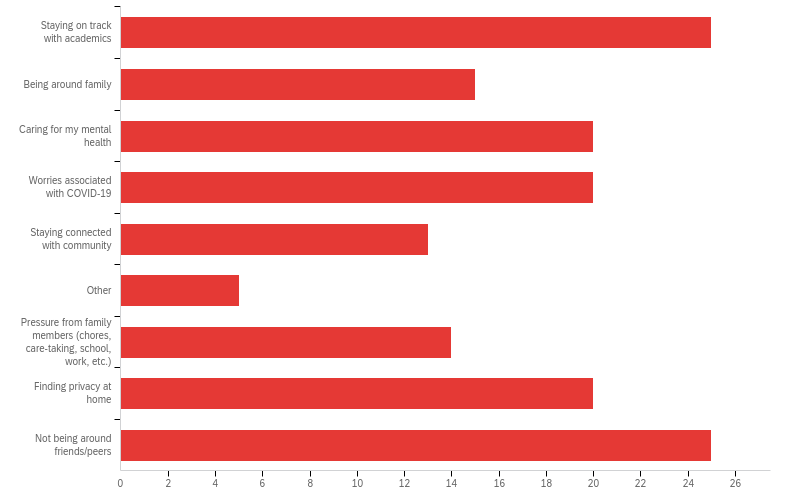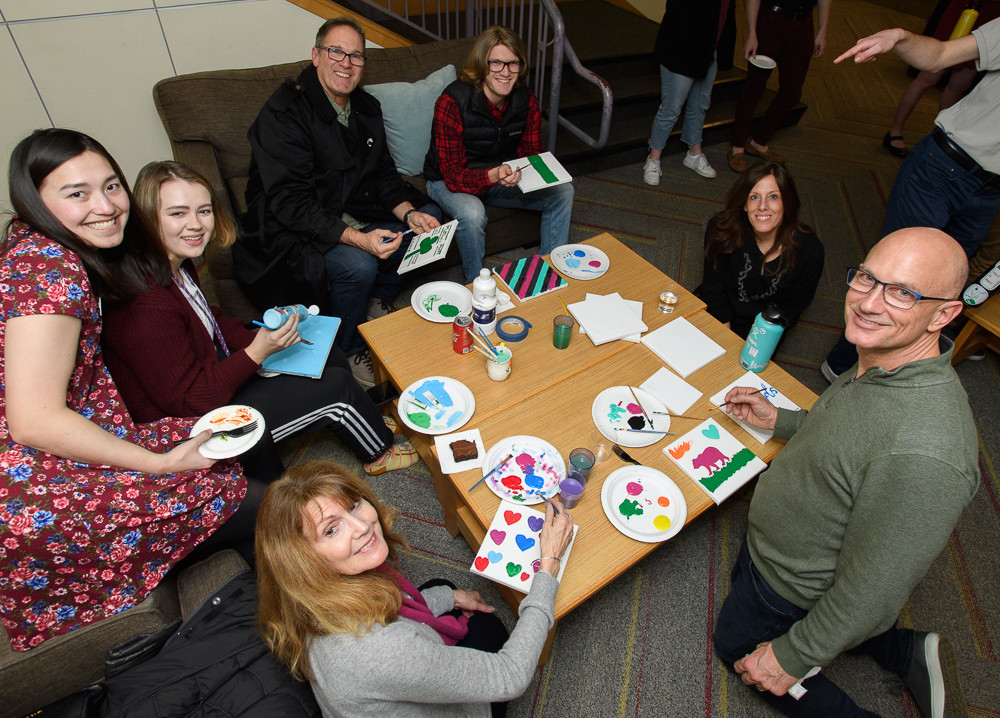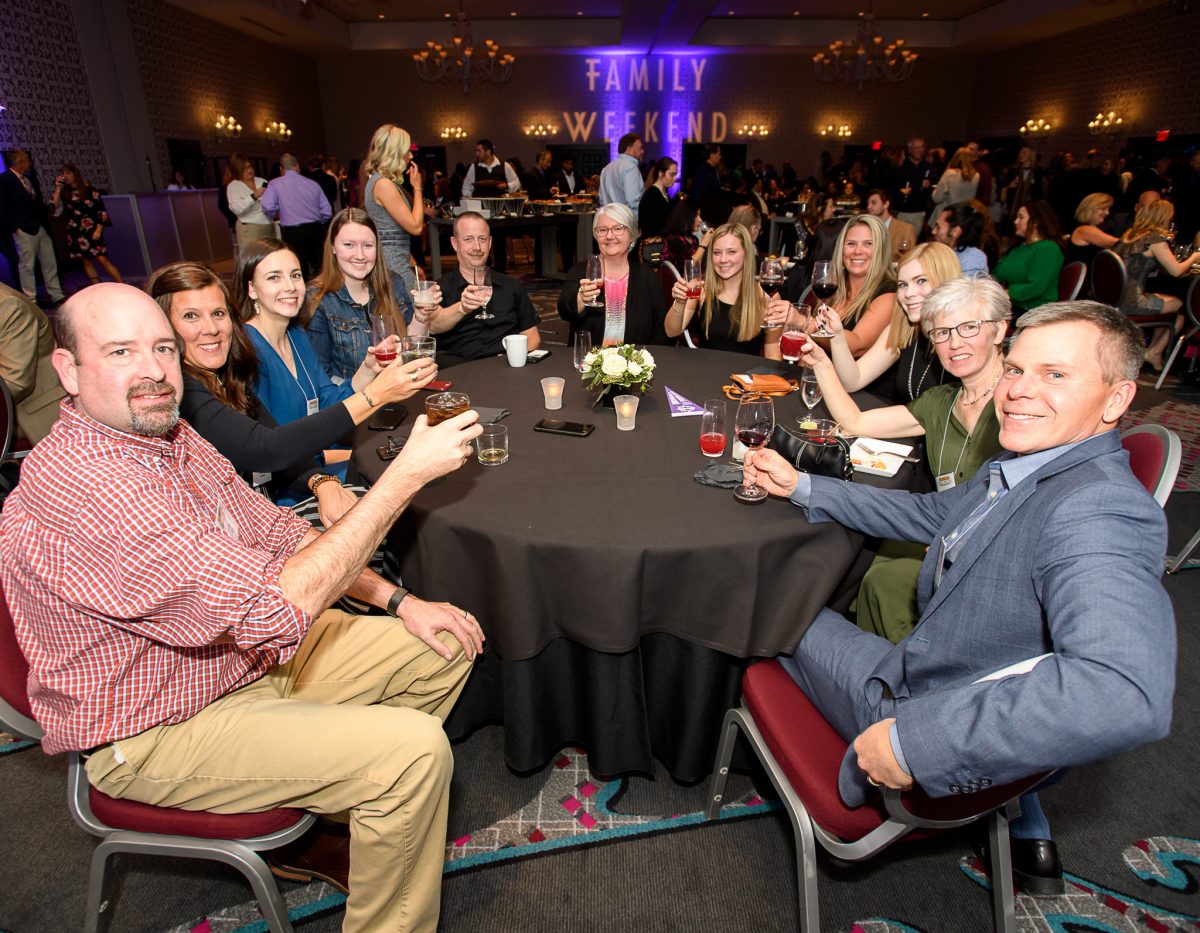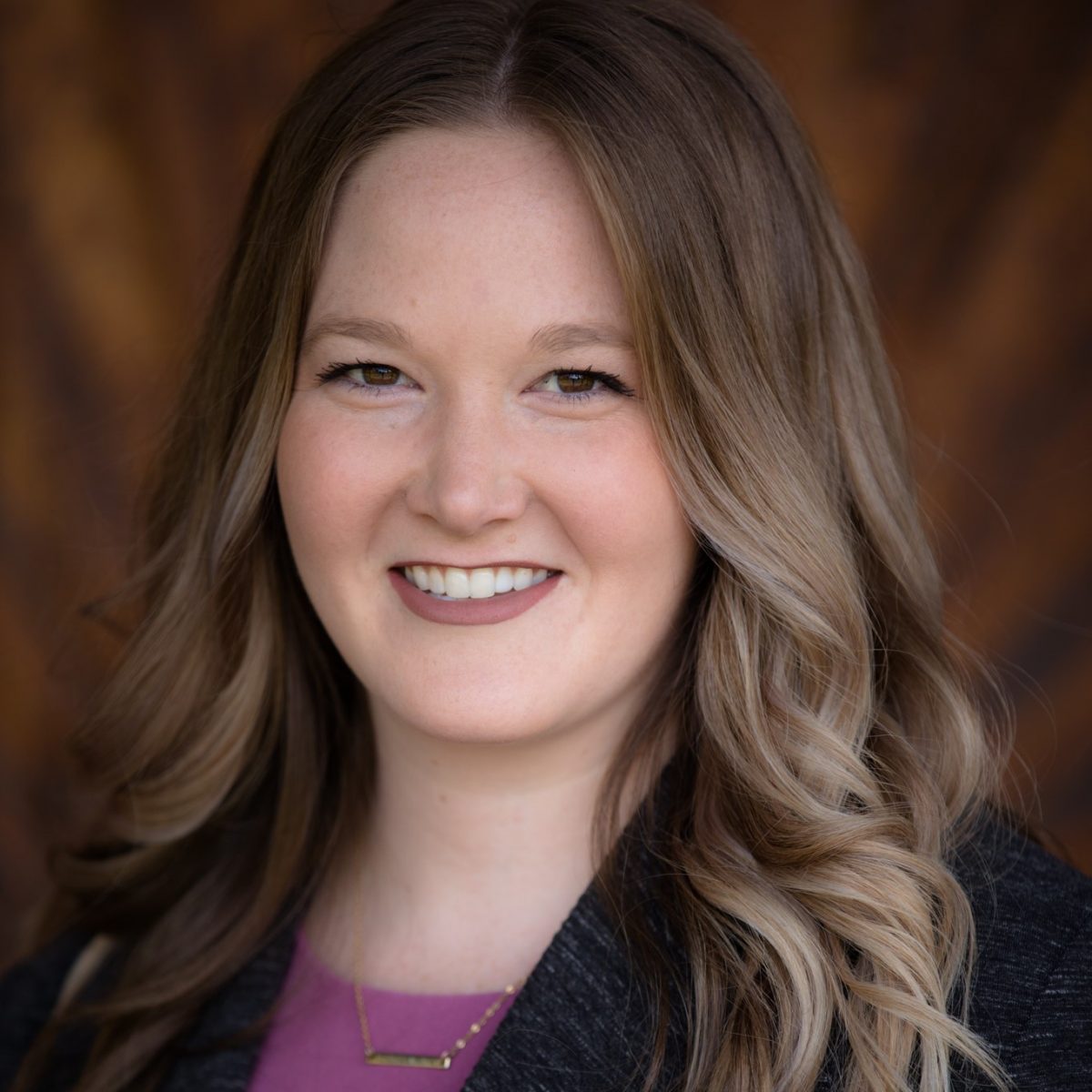
Matthew Maas joined the UP team last December as the Associate Director of Parent Giving. Learn about Matthew and his work of helping parents and family members build a stronger relationship with UP through philanthropic giving.
Tell us a little bit about yourself.
I joined the University of Portland in December of 2019 as the Associate Director of Parent Giving. My formative years were spent in the mid-west where I completed college and grad school in Minnesota. Without the cumulative experiences and friendships formed in this time I would not be who I am today. My family and I moved to Portland five years ago and we enjoy the Pac NW music scene and the hiking trails in the Columbia Gorge.
Tell us a little bit about your role as the Associate Director of Parent Giving.
My role is to help parents and family member build a stronger relationship with UP. I want to hear how they imagine making a difference through philanthropic giving, and in turn share how philanthropy can make a direct impact in the lives of students.
What excites you most about this role?
When I walk around campus, I hear story after story of how parents and families gave philanthropic gifts which funded the educational and campus programming which make UP renowned in higher education. I am excited to be a part of moving the University forward in several new strategic areas. We can’t do this alone, and that’s why our partnership with our UP families and parents is so important.
What does philanthropy mean to you?
Philanthropy is giving to what you love. One of the best parts of my job is hearing what inspired someone to make a gift. While each gift is always unique, they all share this common thread.
What philanthropic opportunities are there to support UP?
There are several ways to make an immediate impact in the life of a student or the entire community. One of these ways is the Parent Impact Fund. This fund directly supports the student service areas of campus which make student life and well-being a priority. Without these funds, many students would not have access to the resource centers which help students successfully graduate.
What is your favorite UP memory so far?
Watching the women’s basketball team win the WCC Tournament with such brilliance and tenacity.
If you only had 24 hours to spend in Portland area, what would you see and do?
I would spend the morning at the Portland Japanese Garden for tea, then enjoy a mid-day hike/lunch on Mt. Hood, followed by a visit to one of our award-winning breweries.
What is your favorite restaurant in Portland?
Han Oak remains one of my favorites with its non-traditional take on Korean cuisine.
Learn more about how parents and families can show their support through philanthropic giving, or contact Matthew directly at maas@up.edu.




